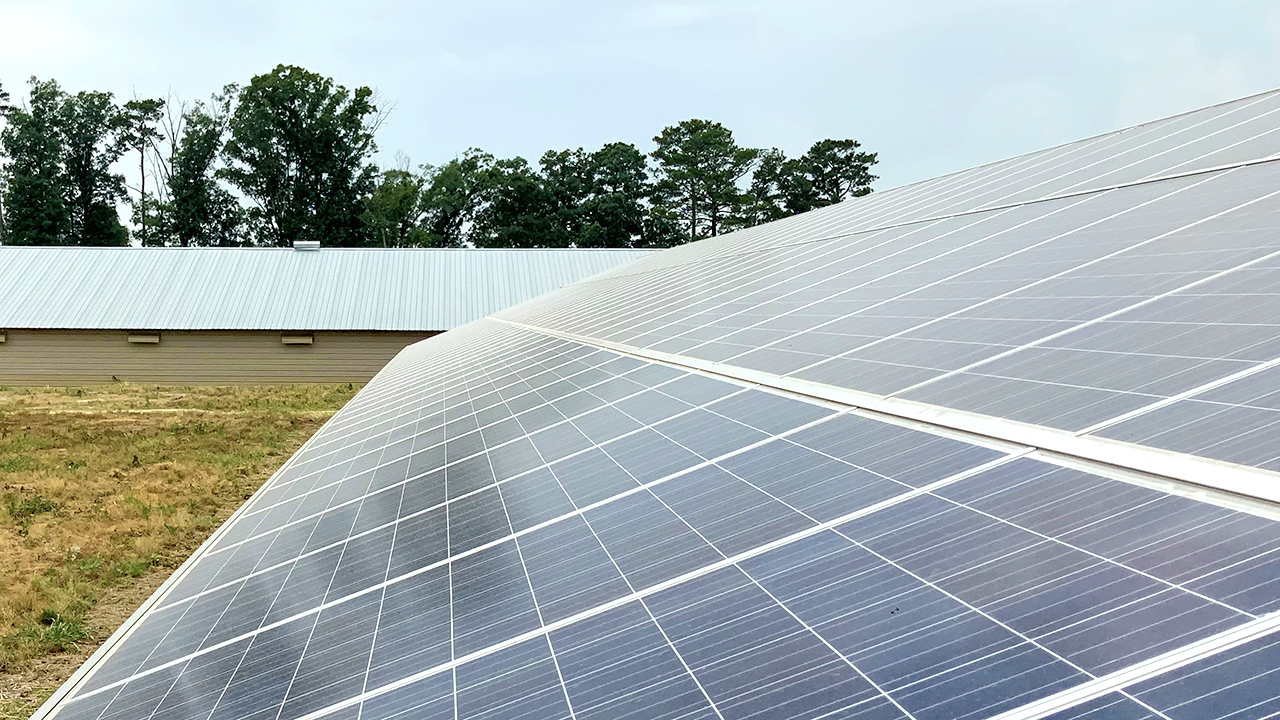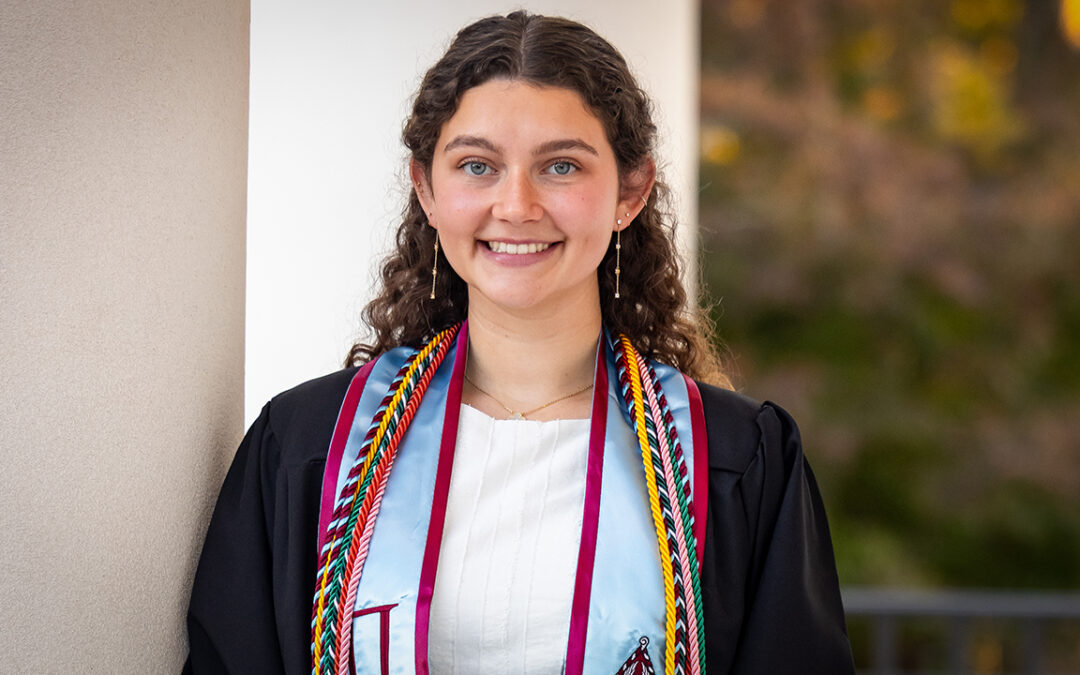By Paul Hollis / Jun 5, 2019 1:32:14 PM
News
Auburn University’s National Poultry Technology Center (NPTC), a leader in poultry housing and associated technologies for more than a decade, and Tyson Foods Inc. (NYSE: TSN) today announced the opening of the largest stand-alone solar powered poultry house to be operated completely off the grid. The 54-foot by 500-foot poultry house is located in Cullman County, Alabama, and capable of housing 36,000 broilers.
The poultry house will be one of two identical houses on Tim and Selena Butts’ farm where 5.50-pound broilers will be grown. One house will be the control house while the other will be operated exclusively by solar power, also known as Stand-Alone Solar for Poultry (SASP).
“Auburn University’s NPTC will work closely with Tyson Foods and Southern Solar Systems to provide leadership in the application of solar power technology to broiler production houses,” said Paul Patterson, dean of Auburn’s College of Agriculture. “The research will provide important, new information on how solar power technology can improve environmental sustainability and profits for farmers.”
Introducing the largest solar-powered poultry house to be built completely off-the-grid
The house’s power will derive from three components: the photovoltaic (PV) panel or solar cell, a battery set and a generator. On-site researchers will compare its energy use regularly with the normal operation of the twin house located next door over a 12-month cycle.
The data and insights gleaned from this project will be an important next step in identifying sustainable practices and new forms of energy for the poultry industry at large.
“Ultimately, this project will allow us to identify how solar houses might improve farmer profitability and bring increased efficiency to the poultry industry,” said Chip Miller, vice president of poultry live operations for Tyson Foods. “Through our partnership with Auburn University’s NPTC, we are creating a model for the future of the industry—one that is more sustainable and brings critical value and insights, previously unavailable, to poultry farmers.”
“The combination of solar and batteries along with the other technologies are converting power to usable alternating current (AC) that’s identical to grid power,” said Dennis Brothers, extension specialist with NPTC. “Electricity drives all functions in poultry houses and is the largest variable cost for poultry farmers. We believe this new system may reduce costs for farmers while increasing efficiency.”
Building a competitive system
The rising cost of electricity coupled with the unpredictability of long-term grid power has created an opportunity for Tyson Foods to explore solutions to help alleviate the effect of climbing prices.
“Looking ahead, we are eager to evaluate the efficacy of the solar house and its impact on farmer profitability,” concluded Miller. “We expect this pilot to be the first of many, as we continue to leverage the power of collaboration to drive progress in the poultry industry.”





